On December 16, over 240 educators, parents, and education enthusiasts convened at a School-Family-Society Collaborative Education Forum at Shanghai Open University. Co-organized by the NYU Shanghai Center for Applied Social and Economic Research (CASER), the forum aimed to commemorate the 130th anniversary of the birth of Madame Soong Ching Ling, the Honorary President of the People’s Republic of China. Soong’s legacy was built on her dedication to the welfare of women and children.
At the event, NYU Shanghai CASER signed an agreement with the China Welfare Institute Development Research Center and released their first joint research achievement, the Blue Book on Chinese Family Education and Child Development. The book systematically reviews the theory and practice of Chinese family education. It utilizes data from the China Family Panel Studies (CFPS) and the Shanghai Urban Neighborhood Survey (SUNS) to comprehensively analyze the financial investment of Chinese families in education, family roles and parental involvement, parenting beliefs and models, as well as the impact of families and parenting behaviors on child development.
NYU Shanghai Chancellor Tong Shijun spoke, paying tribute to the collaboration. NYU Shanghai and NYU Sociology Professor and CASER Director Wu Xiaogang presented the background of the Blue Book and shared some findings at the forum.
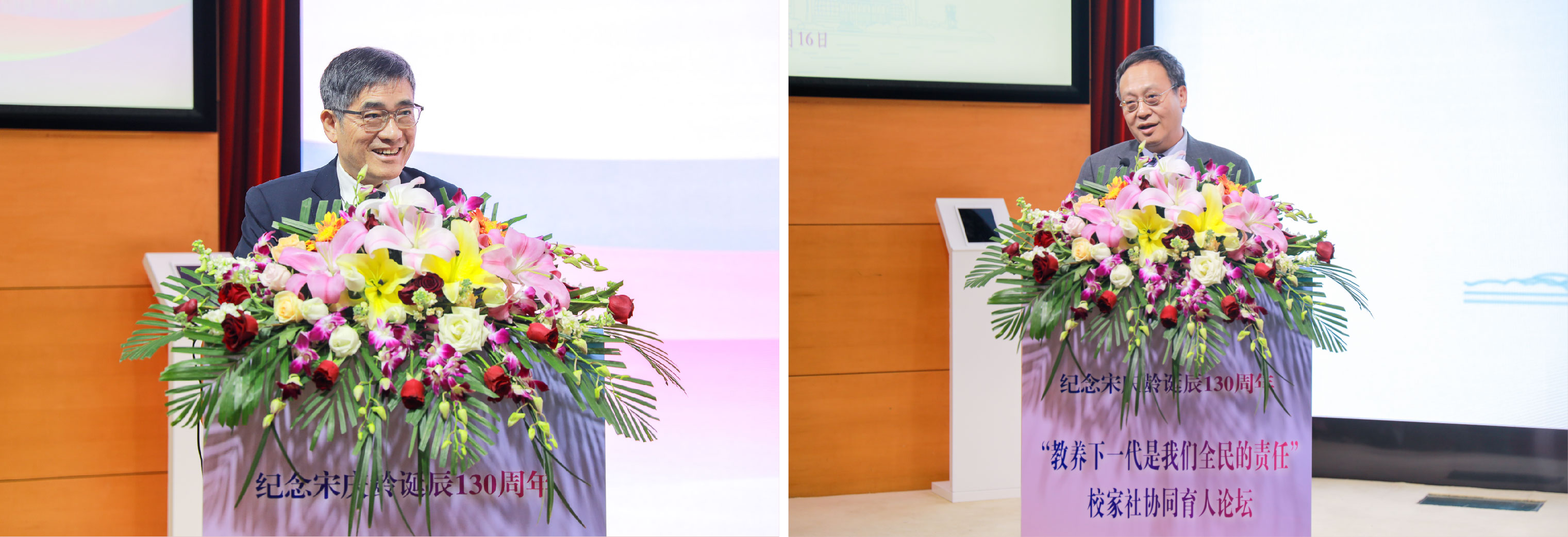 Chancellor Tong Shijun (left); Professor Wu Xiaogang (right)
Chancellor Tong Shijun (left); Professor Wu Xiaogang (right)
“Family education and child development can have profound impacts on economic development and social stability. In China, this issue is closely related to the country’s future and has attracted wide attention,” Wu said. “Since its establishment, CASER has listed education and child development as one of our key research focuses.”
In 2021, CASER launched the “Shanghai Early Education Development Survey” (SEEDS) project and over the past two years, has established collaborations with various stakeholders and promoted SEEDS throughout China, facilitating interdisciplinary and interregional comparative research.
Going forward, he said, CASER plans to work closely with the China Welfare Institute Development Research Center to jointly promote the SEEDS to establish the first comprehensive database in China on child development and education, family, and community in a metropolitan context. The two will also collaborate on data analysis, report writing, research conferences, and continuous efforts to promote the knowledge transfer of research findings into parenting practice and social policy.
“The Blue Book on Chinese Family Education and Child Development is our first joint publication,” Wu said. “We hope this book will further advance the construction of parenting science in the Chinese context and contribute to family education and scientific parenting practices.”



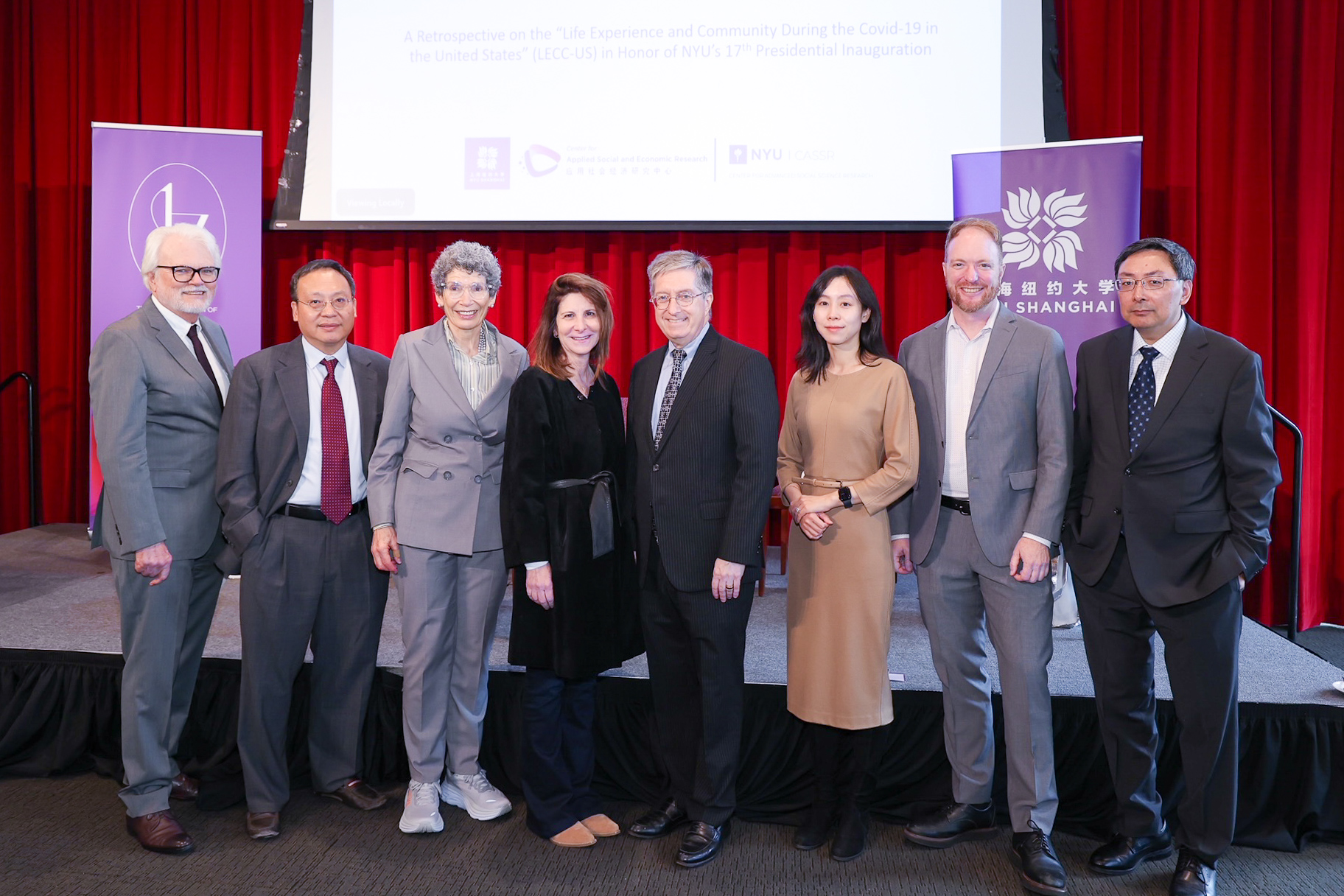
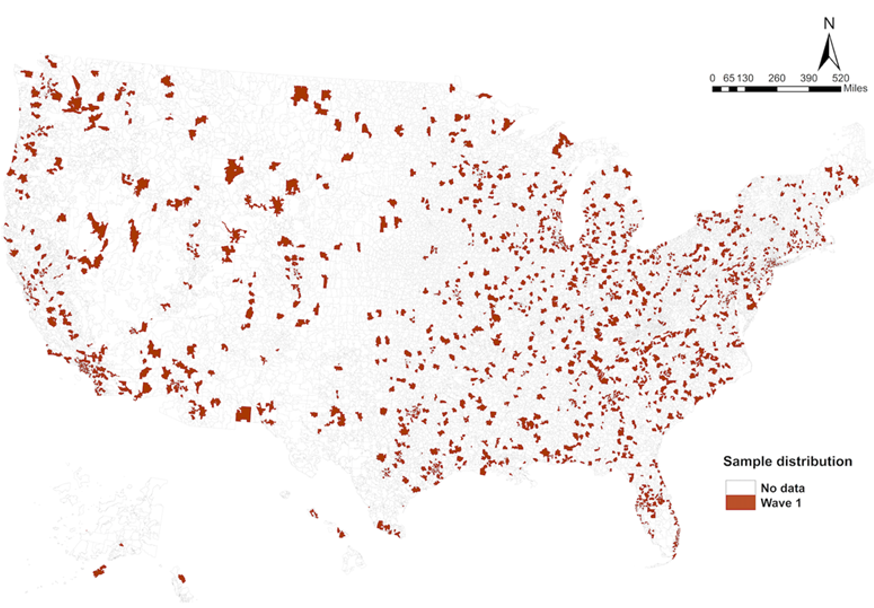
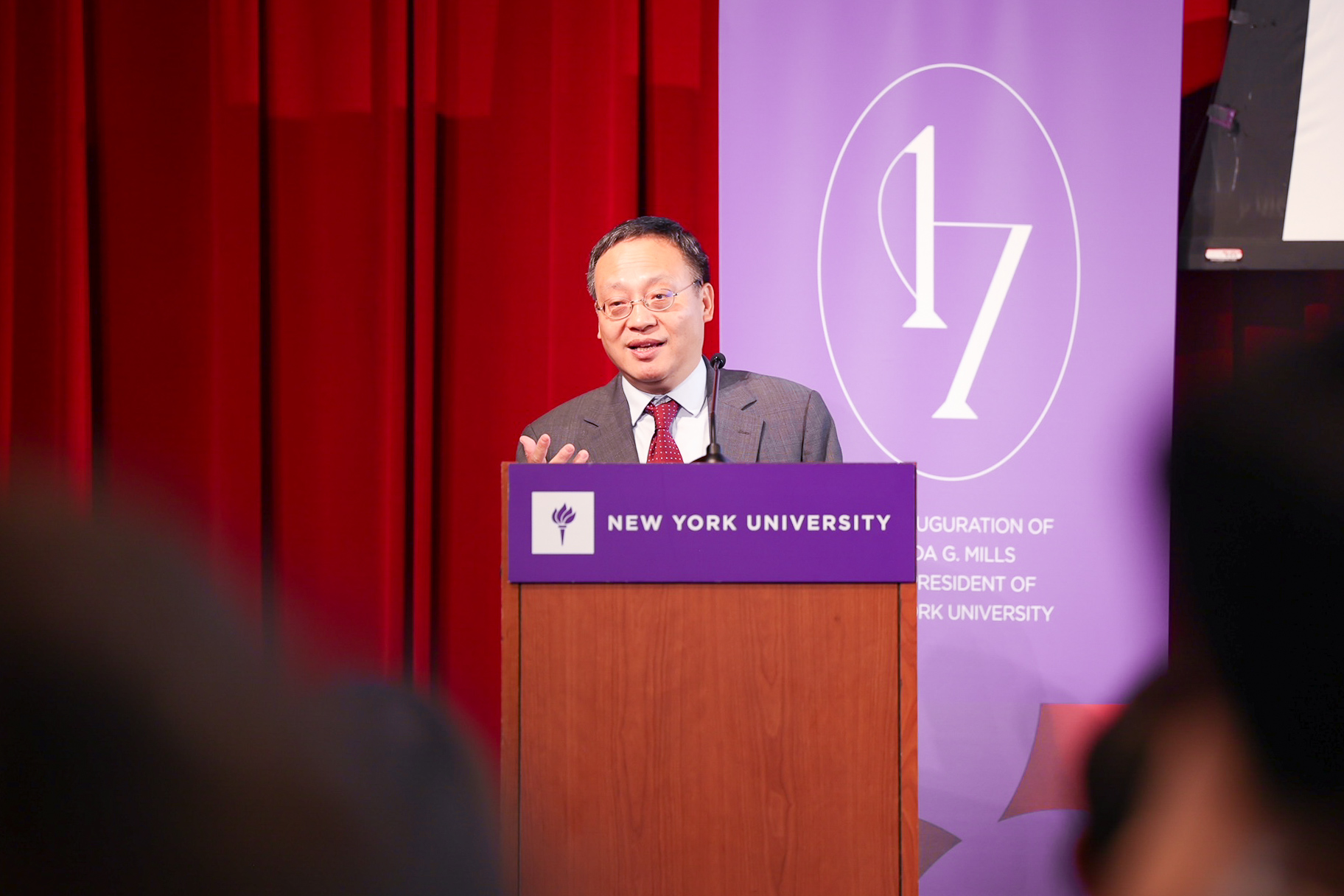 Professor Wu
Professor Wu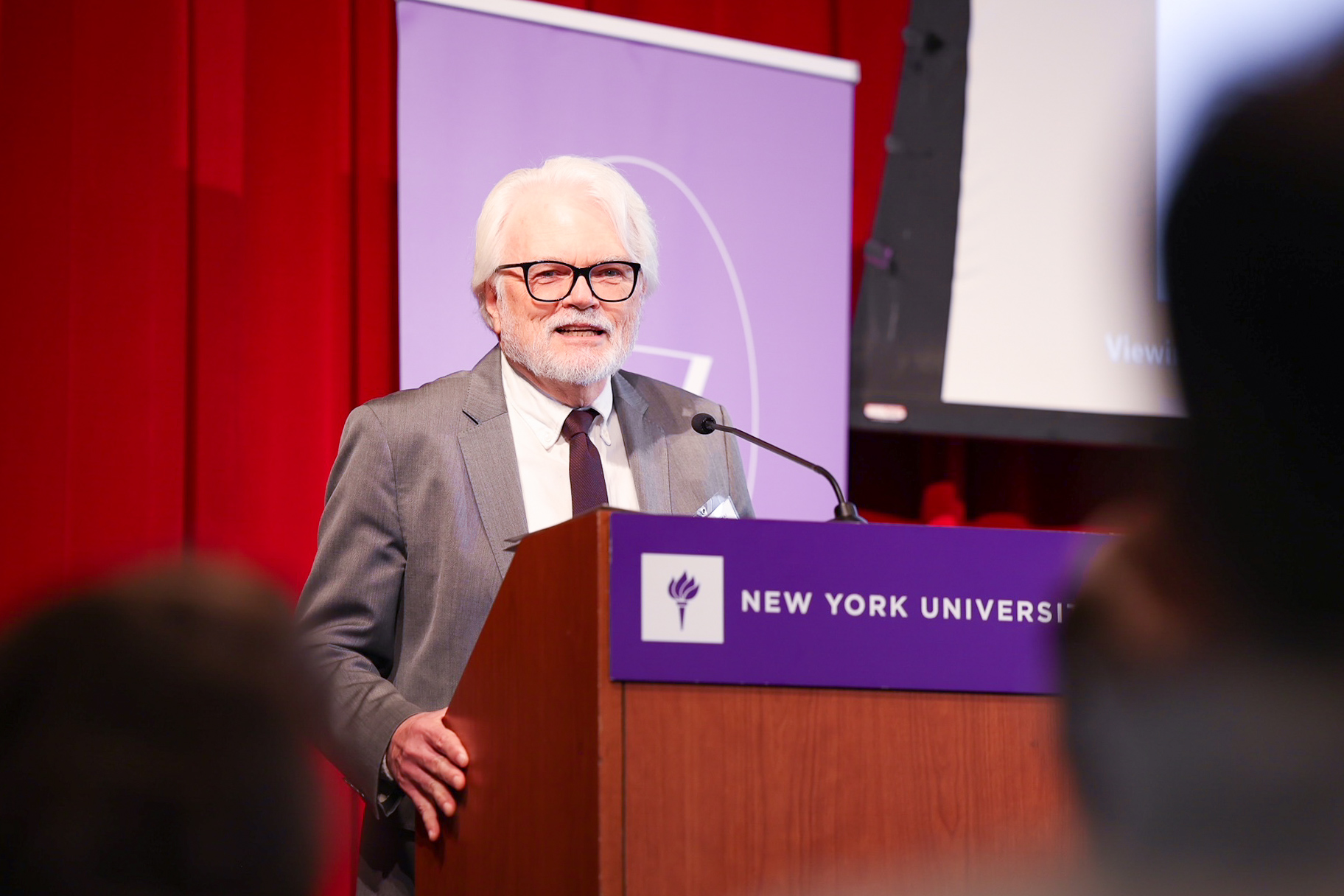 Professor Mike
Professor Mike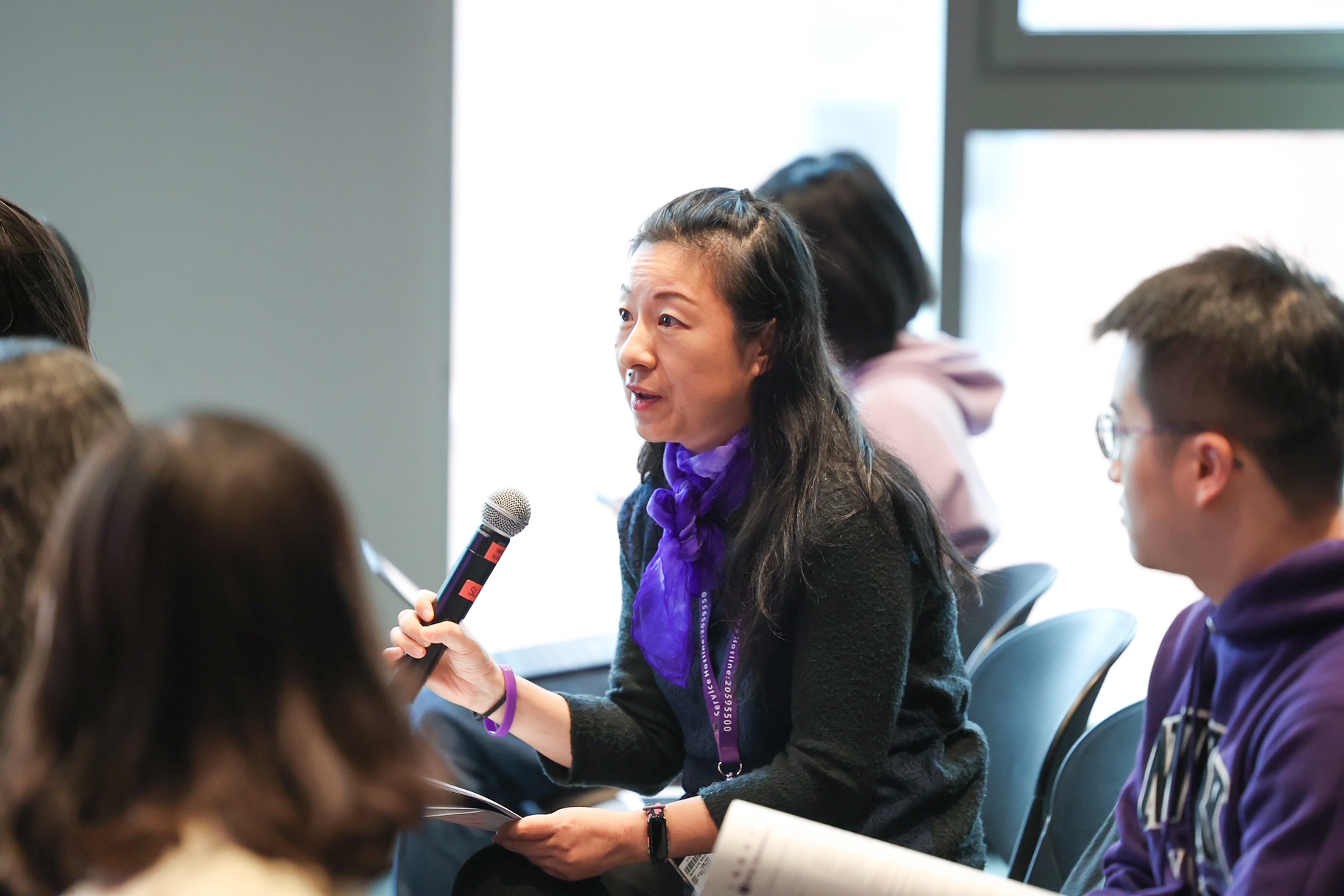 Panel Q&A with the audience
Panel Q&A with the audience